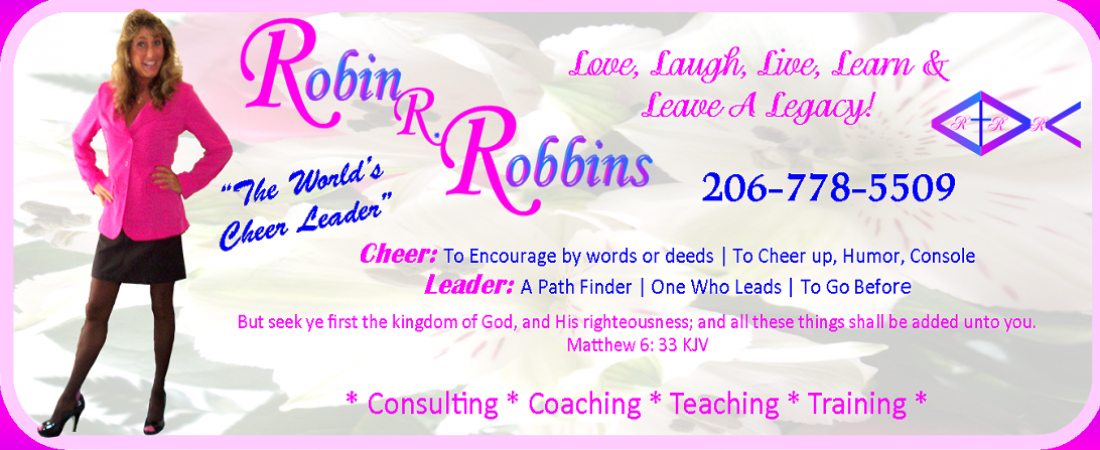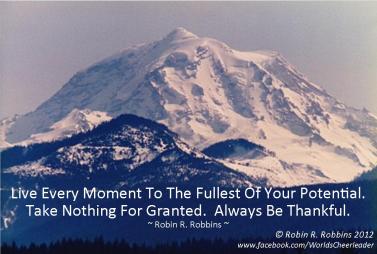Job Coaching 101
Should You Send a Cover Letter with A Resume?
- YES! It is advisable to send a cover letter with a resume whenever possible.
- It should be noted however, that many Hiring Professionals do not read the Cover Letter first – we generally go directly to the Resume first to see if you can ‘do the job I am hiring for’ in the pertinent skills being sought out for any given position. If we find that you do have the pertinent skills – we will go further and most likely read your Cover Letter.
- Your Cover Letter should Highlight areas of expertise that you want to call specific attention to in the Resume.
- You DO NOT have to seek out the Hiring Professional’s name/address etc. for your Cover Letter. If, however you are responding to an ad that has provided that information, then yes, it is advisable to put in on the Cover Letter – they included it for a reason and most likely expect you to pay attention to it.
Answering Tough Interview Questions:
- When asked why you left your previous position, I highly recommend that you find a positive way to respond to this question. If you left a previous position in an un-favorable manner (fired, forced resignation), you want to be honest but always state things in a positive light – such as; “there was no more opportunities for me to advance”, or “I felt that it was time to move on to advance further in my career”.
- It is illegal for Hiring Professionals to ask certain questions – most of them know this but occasionally you may run into one who does not know it. For example they cannot ask your Previous Employer if you were fired – they can only ask them “would you re-hire this individual”? If the answer is no, they can then ask, “would you care to elaborate on that”? The wise Ex-Employer will always choose NOT to elaborate on it. J There can be serious legal repercussions otherwise.
Appropriate Interview Attire:
- Regardless of the position you are applying for – it is highly advised that you dress in a professional manner. First impressions are VERY important and you only get ONE shot at it. Your clothing should be clean, pressed, professional – and so should You. Ladies – this means a nice professional dress, pants suit, or skirt suit. Gentlemen – either slacks (no not jeans!) and a nice dress shirt/polo shirt, or a shirt & tie/suit.
Body Language:
- This is very important! Most of us hiring can ‘smell’ desperate before it hits the door. You want to make certain that you are confident without being ‘cocky’. Remember – the person interviewing you does not know you – they have no clue who you really are and they are looking for anything that may represent a ‘red flag’ to them. Do whatever you have to do prior to your interview to make sure that you walk into that interview with full confidence that you can do that job! Body language should be; standing tall, confident, smiling, genuine – always remember that we do ‘business’ with those we know, like and trust – that is also true in ‘getting the job’ – often an Employer will hire an individual with less skills and train them if they are genuine, likeable (this means they will get along with others in the company and or clients/customers well), and confident.
- Always extend your hand first (if you can beat them to it), Look them in the eyes, With a Smile on Your Face and say, “Hello, I am ____________, it is a pleasure to meet you” or “Hello, I am ____________, Thank you for meeting with me today I really appreciate this opportunity to interview with you”. You can state it a bit differently to match your personality – but BE FIRST to show your authenticity (we can also smell ‘a phony’ a mile away) whenever you can do so – hiring professionals remember these things and are taking ‘notes’ during and after each interview!
- Always be ‘yourself’ – the bottom line is that if you don’t ‘fit’ well – then you most likely do not want to work there anyway – as it would not be beneficial to you in the long run regardless of the income. Who wants to be miserable in their job – right? J
Researching The Employer:
- While this is not absolutely necessary – if you have the means to do so, it is advisable that you learn at least something about the Company you are applying to. You will most likely be asked why you would like to work there in some form or another. It is not going to look very good if you know absolutely nothing about the Employer. With Google – these days it is possible to learn at least a little in a very short 10 minute read of the Company’s Website Profile if they have one. This is a very competitive job market – the more of an ‘edge’ you can gain to help you be ‘noticed’ by the Employer(s) the better.
Thank You Notes/Letters/Online Communication:
- Is it advisable – YES! Though not always practical. Most of those hiring for a Company are under strenuous time constraints – they may or may not read a Thank you Note or Letter if you do send it. But once again – one more ‘edge’ will NOT hurt you – if anything it may help you, but it is not guaranteed. Therefore, if you have the opportunity, and fairly easy access (Google again folks!) to the Hiring Professionals mailing address (remember it may be different than the actual location you interview at!) – then it is highly advisable that you take the extra initiative to send a kind and genuine hand-written ‘Thank you’ note, card, or letter to the person who interviewed you – regardless of whether they hire you or not! Even if you only have an email address it is highly advisable that you at the very least send a kind, hand-written thank you for their time in considering you (however those that are actually received via US Mail have a much better chance as they are considered more personal and genuine).
For more information/Job Coaching Advice you may contact us at:
RRR Consulting &Publishing: http://rrrconsulting-publishing.com/job-coaching-resume-advice-for/
Or
Robin R. Robbins: https://robinrobbins.com/ | 206-778-5509 | Email: rrr@robinrobbins.com
A Free Download of this Document may be obtained anytime at: https://robinrobbins.com/gifts-of-gratitude/











